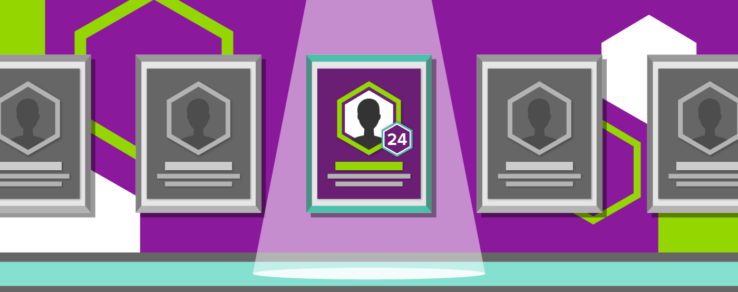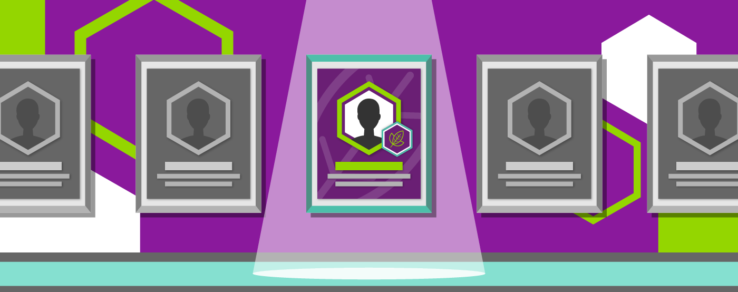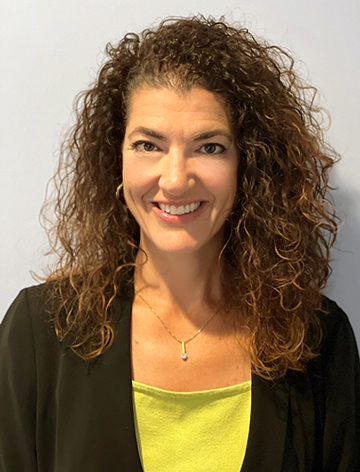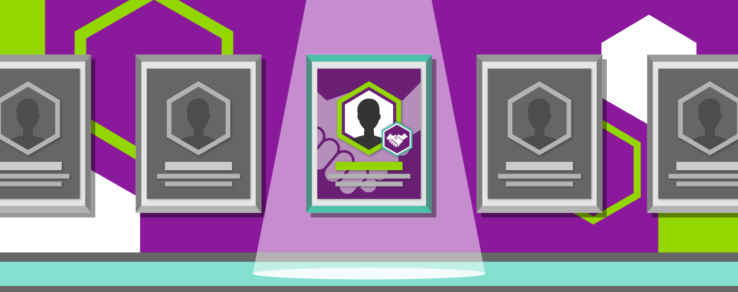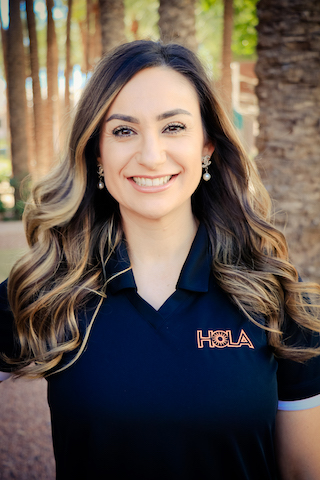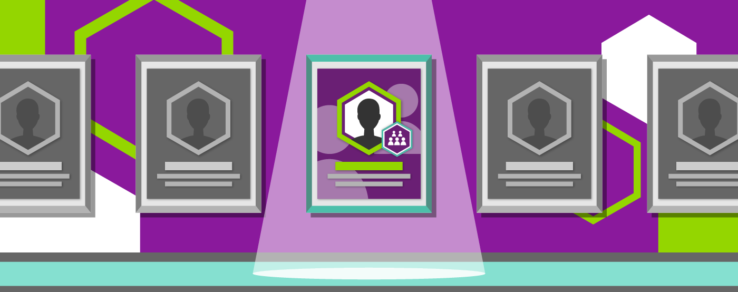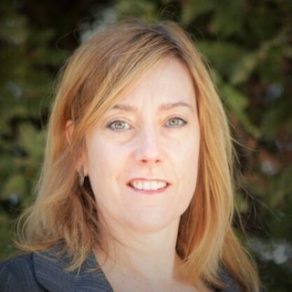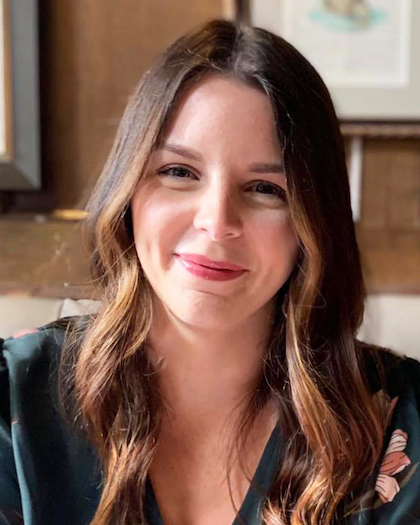Kelly Fikes will be celebrating an extraordinary 24 years with Alabama Power in January. In her tenure, she has experienced many changes and worked in numerous facets of the utility.
Fikes began her career with Alabama Power as an Administrative Assistant. After a few years in this role, she worked as an Account Manager in the residential segment before moving to a position as a Residential Planner for the utility’s corporate office. Following this position, she was named the Mass Marketing & Events Manager before a company reorganization took place and she was asked to join the residential major accounts team. After this move, another reorganization occurred, and Fikes entered into her current role as Training Program Manager for the marketing and economic development organization.
Fikes has been in her current role for almost three years, with a goal to ensure new employees have the training they need and to refresh training courses for existing key account managers. Although each of her roles seem vastly different, they all had a common denominator — Alabama Power’s customers.
“Everything we do at Alabama Power is with our customers in mind,” Fikes says. “I’ve been lucky enough to work with account managers and customers in different sectors of the company, but the goal has always remained the same — creating the best customer experience we can.”
Fikes’ adaptability across different roles has made her open to changes. “You adapt and roll with it,” she says. Fikes began her current role just two months before the start of the pandemic, which led to her jumpstarting the marketing organization’s digital training efforts.
“There wasn’t someone in my position before me, so I was creating it as I went along,” Fikes says. “When COVID hit, I realized we had nothing [training-wise] that was online, on-demand or digital. I needed to build an online library and utilize digital content to not only have it available for our account managers to push out to customers as needed, but as a training resource for them as well.”
As she continues to choose content to add to the library, she takes inspiration from outside campaigns to connect with customers. “Content can be fun,” Fikes says. “It doesn’t always have to be educational. A lot of it can be creative and catchy, and that lets the customer tie the concept back to your utility and what you’re trying to promote. That sticks really well.”
When she’s not crafting content or training materials, Fikes enjoys spending time with her husband, two daughters and three cats. She loves any activities outside, including gardening, pool time or watching her youngest daughter play softball.
Questline Digital connected with Fikes to get her thoughts on changes in the industry as well as meeting and exceeding the needs of customers.
How did you get started in the energy utility industry?
I was recruited by a company recruiter in my senior year at college!
What has changed the most about your job working in the utility industry over the course of your career?
Throughout my career in marketing, technology has continuously changed how we communicate with customers, and more recently, how we train our employees.
What excites you the most about the energy utility space?
Using analytics to learn more about how our customers use electricity! In turn, taking that information to predict consumer usage patterns and customize products and offerings for customers.
What campaign or initiative are you most proud of?
I can’t cull it down to just one, but an initiative that stands out is a tankless water heater pilot that we did. Electric tankless water heaters are not very popular, and gas tankless water heaters were starting to eat up our market share. So, we wanted to test the electric tankless to see how it would hold on our system.
We went to a couple of different builders asking them if we could pilot this and put it in a few new homes. We looked at two cul-de-sac areas and in 24 houses we put electric tankless water heaters to see what it would do to our system in terms of distribution. We had some hiccups, but overall, the product was great. The manufacturer worked very closely with us, and it was successful. As far as I know, most of those houses still have electric tankless water heaters in them today. It was a fun research project.
What’s a marketing campaign you wish you’d thought of and why (inside or outside the energy industry)?
I love some of the old campaigns: Nike’s “Just Do It!,” Wendy’s “Where’s the Beef?” and “Yo Quiero Taco Bell,” but those are bit before my prime! Of the more recent ones, I love Farmer’s Insurance “University of Farmers” that successfully drives home the importance of being insured while depicting worst-case scenarios with a bit of sarcasm and humor.
What is the hardest part of working in the energy industry today?
Anticipating what’s next! Technology also changes how we serve our customers. Knowing what to expect and being prepared puts us in a positive position with our customers.
Finish this sentence: If I weren’t working in the utility industry, I would be…
Working in construction! I love everything about it.
How do you anticipate the world of energy evolving in the coming years?
Technology and customer demands will be big drivers in the evolution of the energy industry. I think we will continue to see innovations delivering smart energy (efficient, convenient and environmentally friendly) while expanding others, such as the electric transportation industry.
I’m looking forward to seeing how utility operations embrace technology in generating and delivering service.
What advice would you give to those entering the utility space?
Buckle up and hang on tight! The utility industry is quickly evolving in fun and innovative ways.
